Introduction
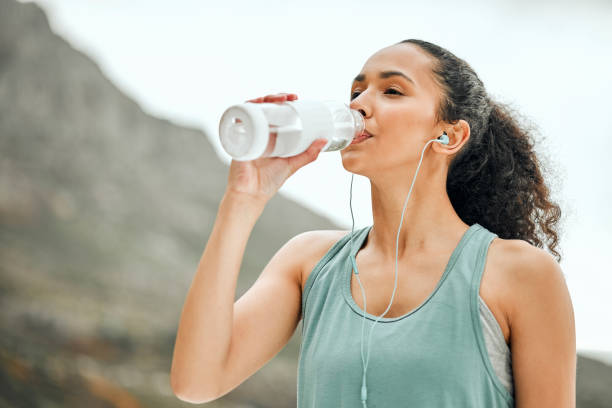
Welcome to our comprehensive guide on how to stay hydrated and understand the crucial role it plays in maintaining your overall health and well-being. In this article, we will explore the importance of hydration, its impact on our bodies, and provide practical tips to ensure you stay properly hydrated throughout the day.
Why Hydration Matters
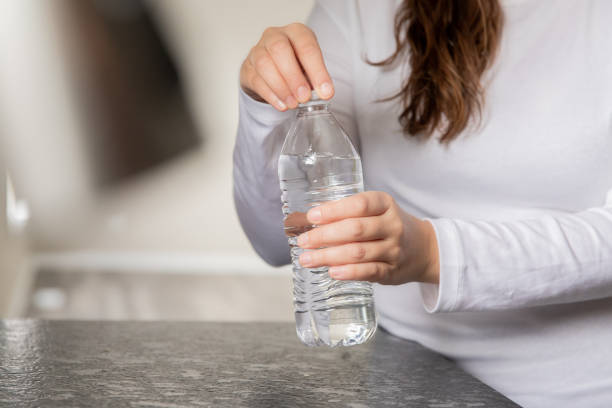
Hydration is vital for the optimal functioning of our bodies. Our bodies are composed of approximately 60% water, and every system in our body depends on water to work efficiently. Proper hydration is essential for various bodily functions, including digestion, circulation, temperature regulation, and nutrient absorption. It also aids in removing waste and toxins from our bodies.
The Benefits of Staying Hydrated
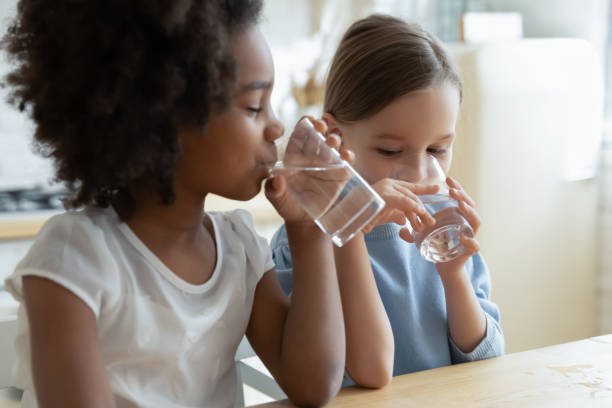
- Improved Physical Performance: Whether you\’re an athlete or engage in regular physical activities, staying hydrated can significantly enhance your performance. Water helps maintain the balance of bodily fluids, which is crucial for maintaining energy levels and preventing fatigue during exercise.
- Better Cognitive Function: Dehydration can impair cognitive function and lead to reduced focus, concentration, and memory. By staying hydrated, you can boost your brain\’s performance and stay sharp throughout the day.
- Weight Management: Drinking water before meals can help control your appetite and promote weight management. Water has zero calories and can fill you up, reducing the chances of overeating.
- Glowing Skin: Proper hydration keeps your skin moisturized, leading to a healthier and more radiant complexion. It can also help delay the signs of aging, such as wrinkles and fine lines.
- Improved Digestion: Water is essential for digestion as it helps break down food and facilitates nutrient absorption. It also prevents constipation by keeping the digestive system running smoothly.
Signs of Dehydration
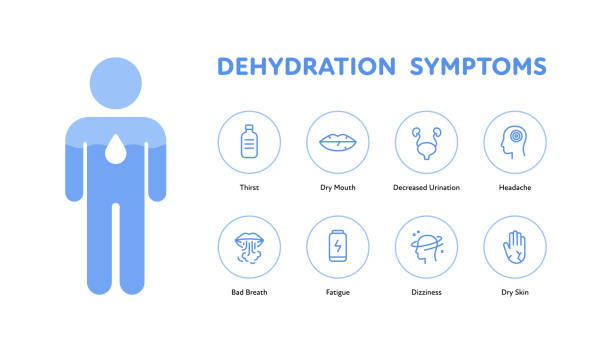
It\’s crucial to be aware of the signs of dehydration so that you can address it promptly. Some common signs include:
- Thirst: Feeling thirsty is your body\’s way of signaling that it needs more water.
- Dark Yellow Urine: Dark-colored urine indicates concentrated waste products and insufficient water intake.
- Fatigue: Dehydration can lead to a drop in energy levels and increased feelings of tiredness.
- Dizziness or Lightheadedness: Lack of proper hydration can affect blood flow to the brain, causing dizziness.
Tips to Stay Hydrated
- Carry a Water Bottle: Always have a reusable water bottle with you to encourage frequent sips throughout the day.
- Set Reminders: Use your phone or computer to set reminders to drink water regularly, especially if you tend to forget.
- Infuse Your Water: Add slices of fruits like lemon, cucumber, or berries to your water for a refreshing taste and added nutrients.
- Monitor Your Intake: Keep track of your daily water intake using apps or a journal to ensure you\’re meeting your hydration goals.
- Eat Water-Rich Foods: Include foods with high water content, such as watermelon, cucumber, oranges, and lettuce, in your diet.
- Avoid Excessive Caffeine and Alcohol: Both caffeine and alcohol can lead to increased fluid loss, so consume them in moderation and balance them with extra water intake.
Hydration for Specific Situations
Hydration During Exercise

Proper hydration is critical when engaging in physical activities. Follow these tips to stay hydrated during exercise:
- Pre-Exercise: Drink at least 16-20 ounces of water 1-2 hours before your workout.
- During Exercise: Aim to consume 7-10 ounces of water every 10-20 minutes during exercise.
- Post-Exercise: Rehydrate by drinking 8 ounces of water within 30 minutes after your workout.
Hydration for Hot Weather
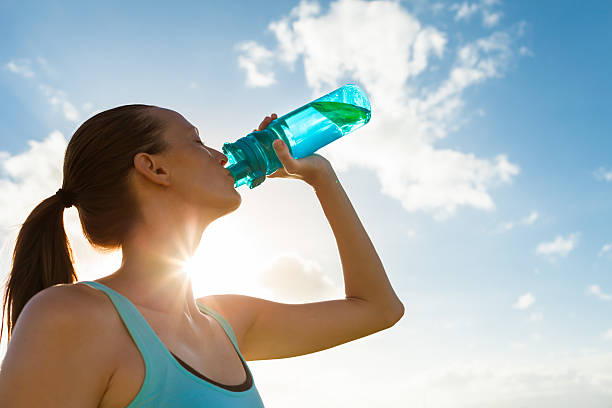
In hot weather, our bodies lose more water through sweat, making hydration even more crucial. Here\’s how to stay hydrated during hot days:
- Drink More Frequently: Increase your water intake and don\’t wait until you feel thirsty.
- Avoid Sugary Drinks: Sugary beverages can lead to increased dehydration. Stick to water or natural fruit juices.
- Stay Indoors During Peak Heat: Minimize exposure to scorching temperatures when the sun is at its peak.
Hydration for Children and Older Adults
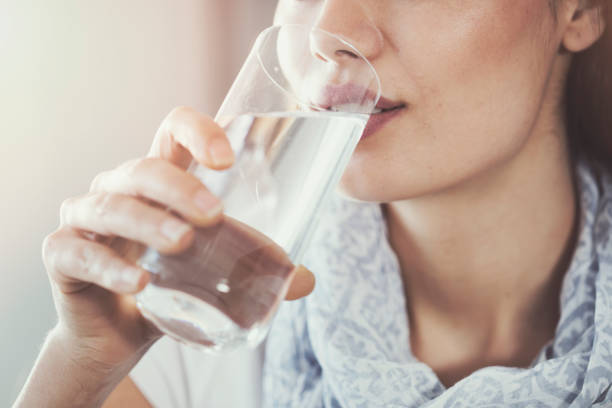
Both children and older adults are more susceptible to dehydration. Ensure they stay hydrated with these tips:
- Encourage Regular Water Breaks: Remind kids and older adults to drink water throughout the day.
- Monitor Fluid Intake: Keep an eye on the fluid intake of children and older family members to ensure they are getting enough.
Conclusion
Staying hydrated is not just a choice; it is a necessity for optimal health and well-being. By understanding the importance of hydration and following our practical tips, you can ensure that your body remains adequately hydrated throughout the day. So, take charge of your health, drink plenty of water, and reap the numerous benefits of staying hydrated!
